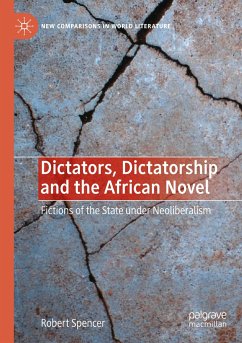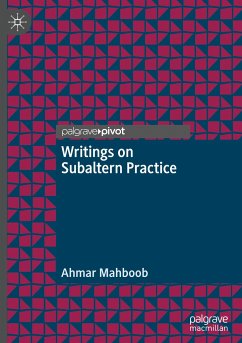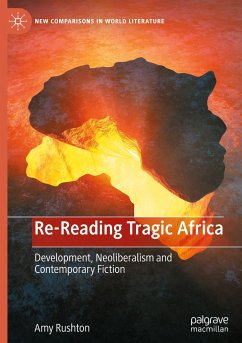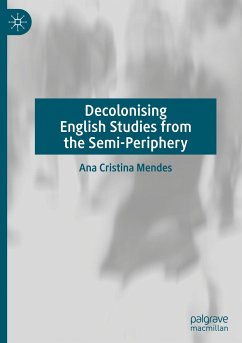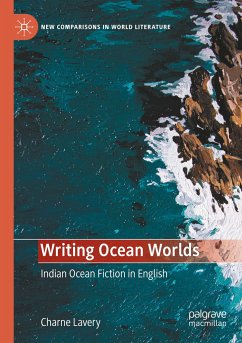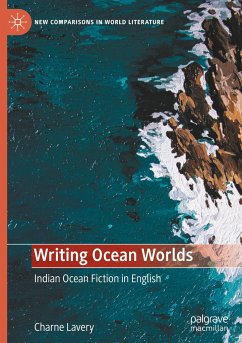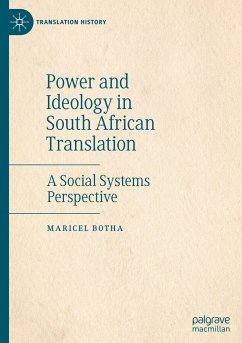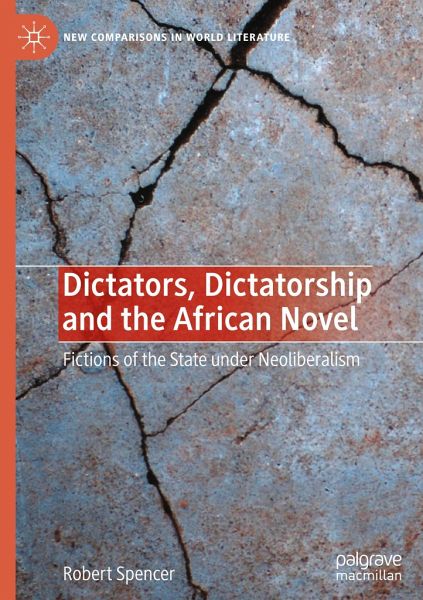
Dictators, Dictatorship and the African Novel
Fictions of the State under Neoliberalism
Versandkostenfrei!
Versandfertig in 6-10 Tagen
76,99 €
inkl. MwSt.
Weitere Ausgaben:

PAYBACK Punkte
38 °P sammeln!
This book examines the representation of dictators and dictatorships in African fiction. It examines how the texts clarify the origins of postcolonial dictatorships and explore the shape of the democratic-egalitarian alternatives. The first chapter explains the 'neoliberal' period after the 1970s as an effective 'recolonization' of Africa by Western states and international financial institutions. Dictatorship is theorised as a form of concentrated economic and political power that facilitates Africa's continued dependency in the context of world capitalism. The deepest aspiration of anti-colo...
This book examines the representation of dictators and dictatorships in African fiction. It examines how the texts clarify the origins of postcolonial dictatorships and explore the shape of the democratic-egalitarian alternatives. The first chapter explains the 'neoliberal' period after the 1970s as an effective 'recolonization' of Africa by Western states and international financial institutions. Dictatorship is theorised as a form of concentrated economic and political power that facilitates Africa's continued dependency in the context of world capitalism. The deepest aspiration of anti-colonial revolution remains the democratization of these authoritarian states inherited from the colonial period. This book discusses four novels by Ng g wa Thiong'o, Ahmadou Kourouma, Chinua Achebe and Chimamanda Ngozi Adichie in order to reveal how their themes and forms dramatize this unfinished struggle between dictatorship and radical democracy.





